The United States House Appropriations Subcommittee on Commerce, Justice, Science, and Related Agencies has approved the CJS Appropriations bill which includes language providing for the request of President Barack Obama of $2.5 million to celebrate a status plebiscite in Puerto Rico, and an education campaign on the status options available. The language was included with the backing of Representative Jose Serrano (D-NY).
Serrano indicated that “this funding is an important step forward in resolving Puerto Rico’s status. It is clear that the current colonial status of Puerto Rico must change, and that a majority of the Puerto Rican people feel that this unequal status cannot continue. I am pleased that the CJS subcommittee has taken a giant step forward in that process.”
The move had been celebrated by Puerto Rico’s non-voting Resident Commissioner Pedro Pierluisi (D-PR), who said he thanked the subcommittee Chairman Frank Wolf (R-VA) and the Ranking Member Chaka Fattah (D-PA) for including the measure in the bill. Pierluisi also tweeted today that he personally thanked the President for his petition for Congressional funding of a new plebiscite, after forming part of a meeting on immigration reform with the Congressional Hispanic Caucus.
Le agradecí personalmente al Presidente su petición de que se asignen fondos para resolver el problema de nuestro estatus
— Pedro Pierluisi (@pedropierluisi) July 10, 2013
The bill now goes to the full appropriations committee for a vote, before it reaches the House floor. With support of both Republicans and Democrats the bill should have a high chance of passage and enactment into law, barring any maneuvers by representatives like Luis Gutierrez (D-IL) and Nydia Velazquez (D-NY) who in the past, in cohorts with the Popular Democratic Party of Puerto Rico have moved to stall and kill any measure aimed at solving Puerto Rico’s status. Even so, such a move is unlikely seeing as how the language in question was proposed by the White House, and the Governor of Puerto Rico Alejandro Garcia Padilla, who also presides the PPD, has stated his support for the new plebiscite.
The proposed plebiscite would be organized and arranged by the State Elections Commission of Puerto Rico, who would also establish the status options to be presented, but this last step would have to be with approval from the US Department of Justice. The possibility of this new plebiscite including the status quo as an option has garnered criticism, seeing as how last year 54% of voters rejected the current status. Critics want the new plebiscite to just include non-territorial status options.

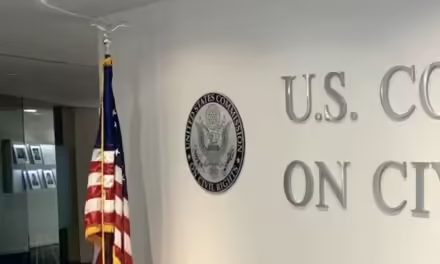
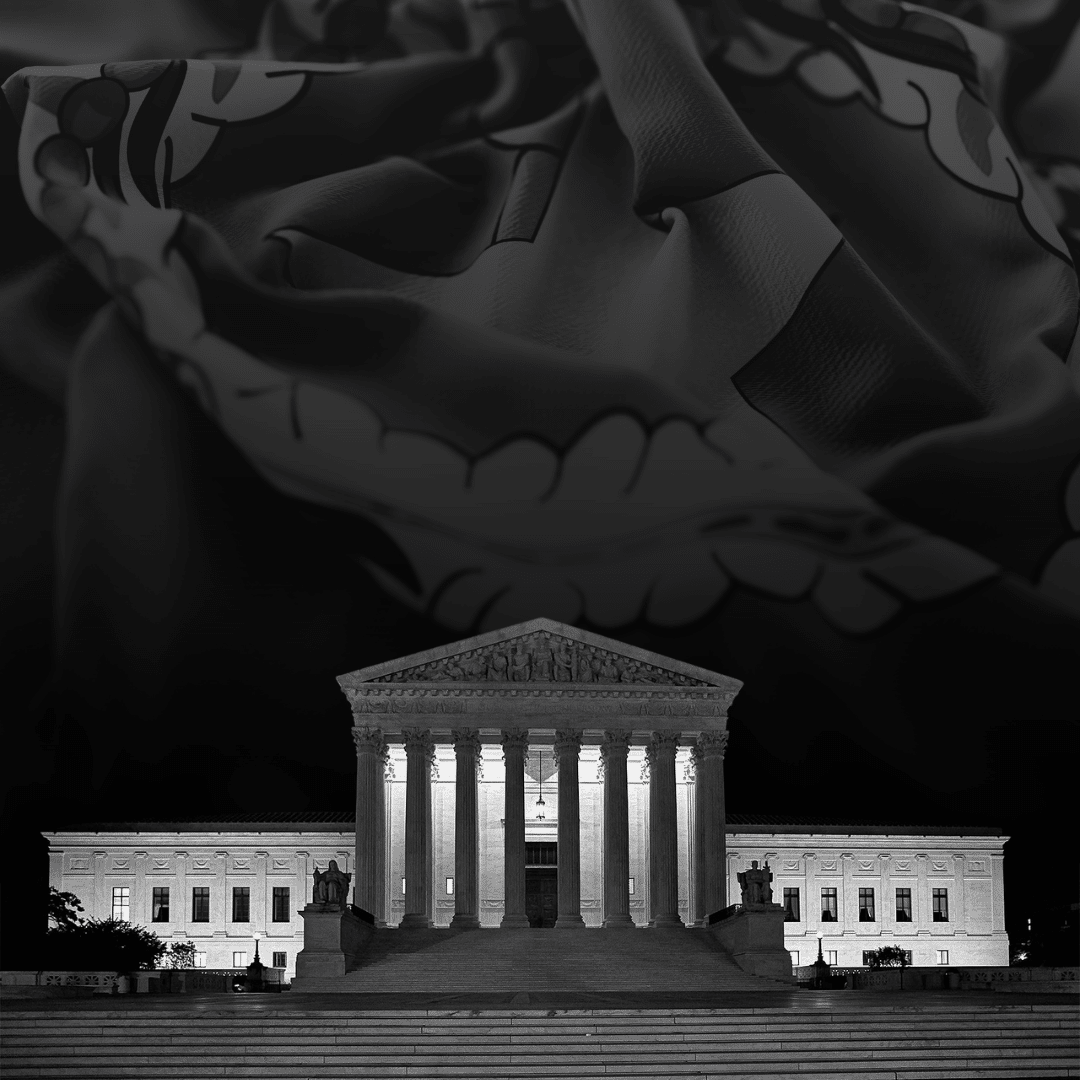

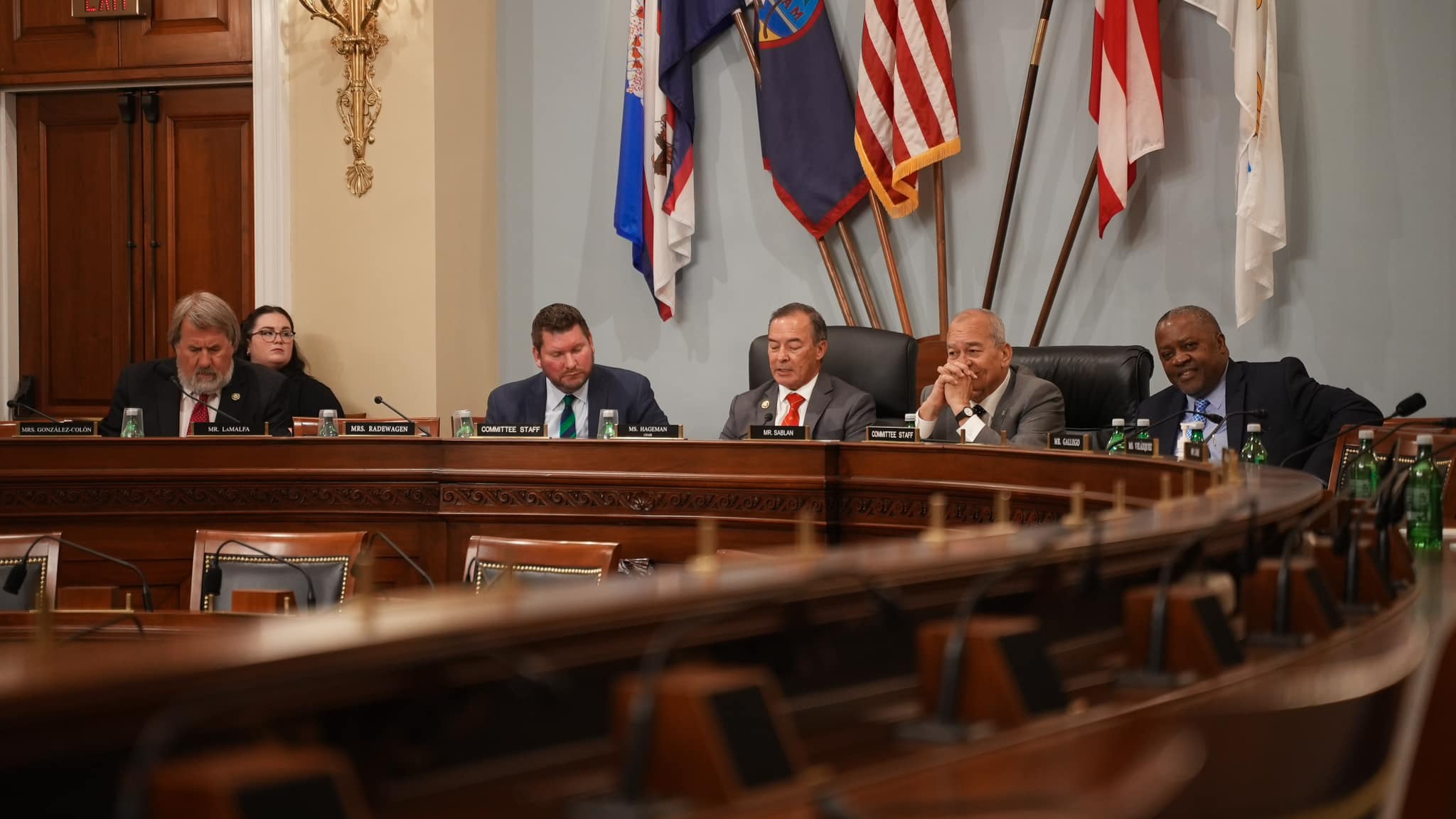




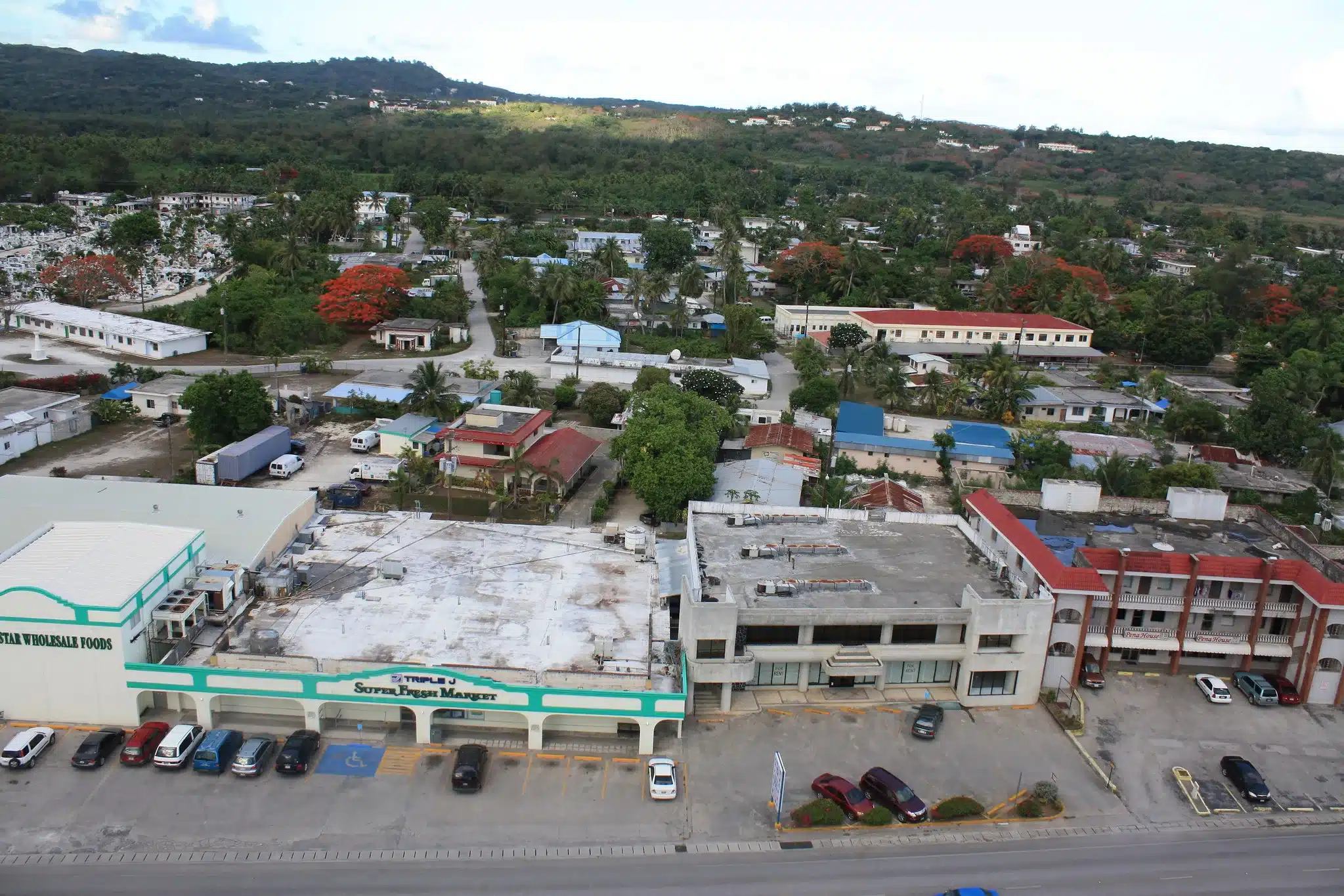

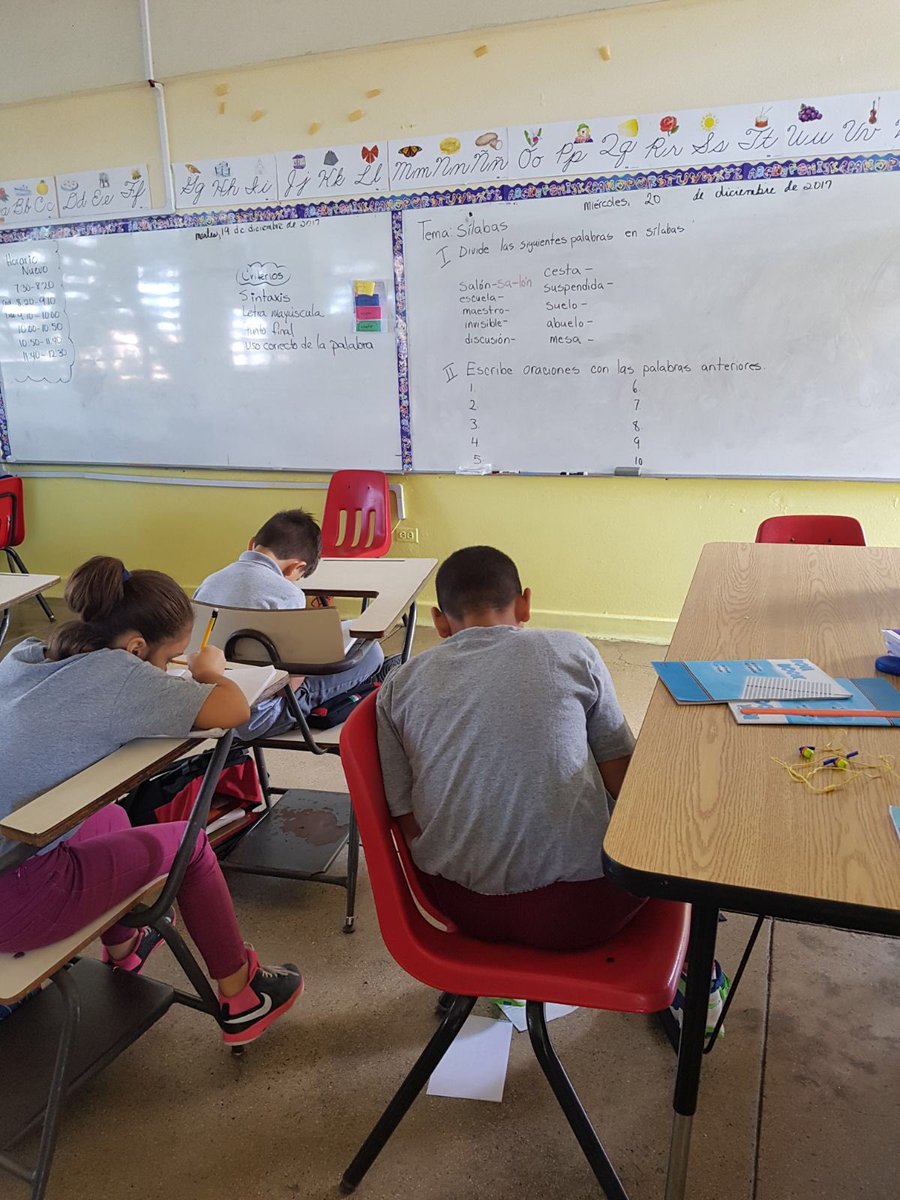
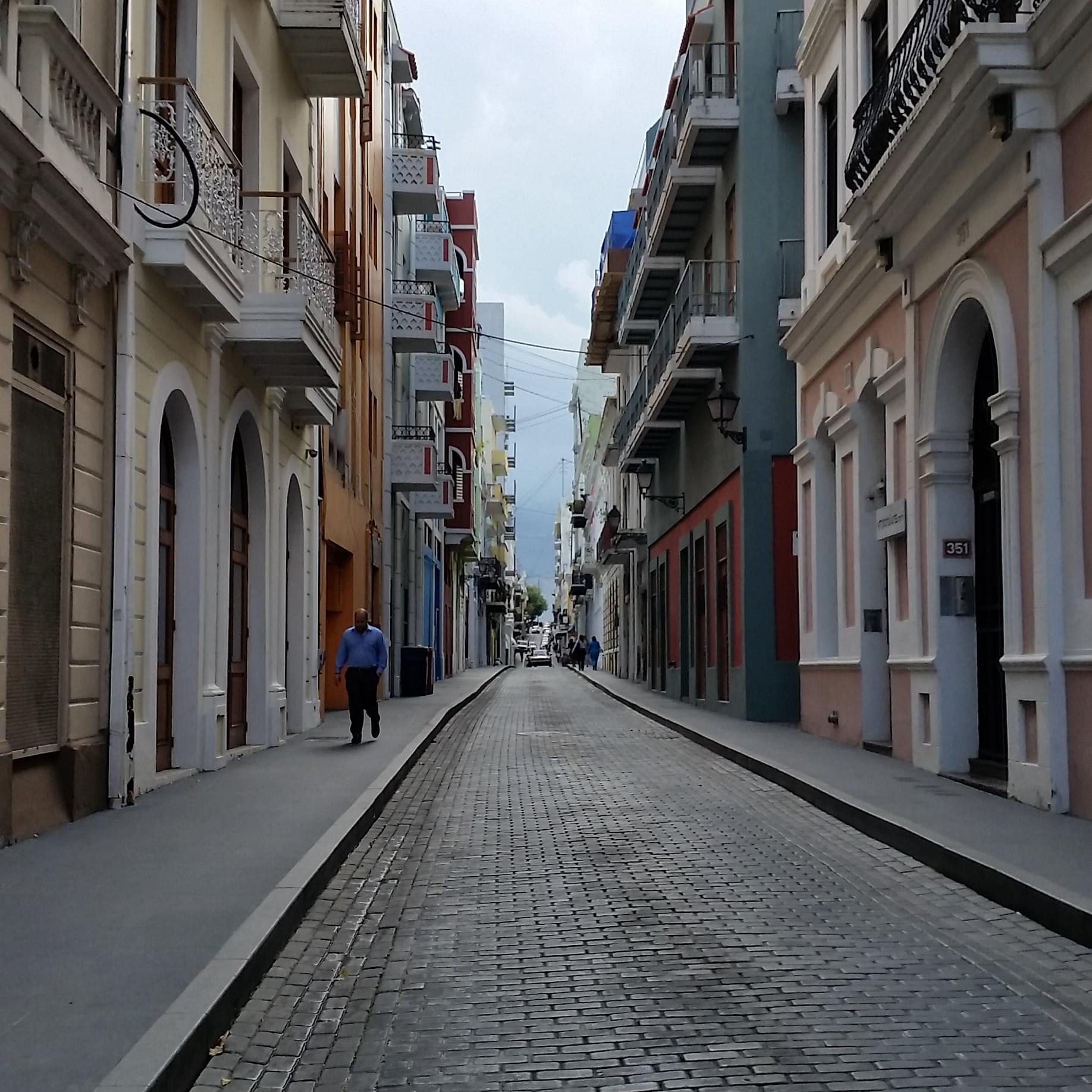
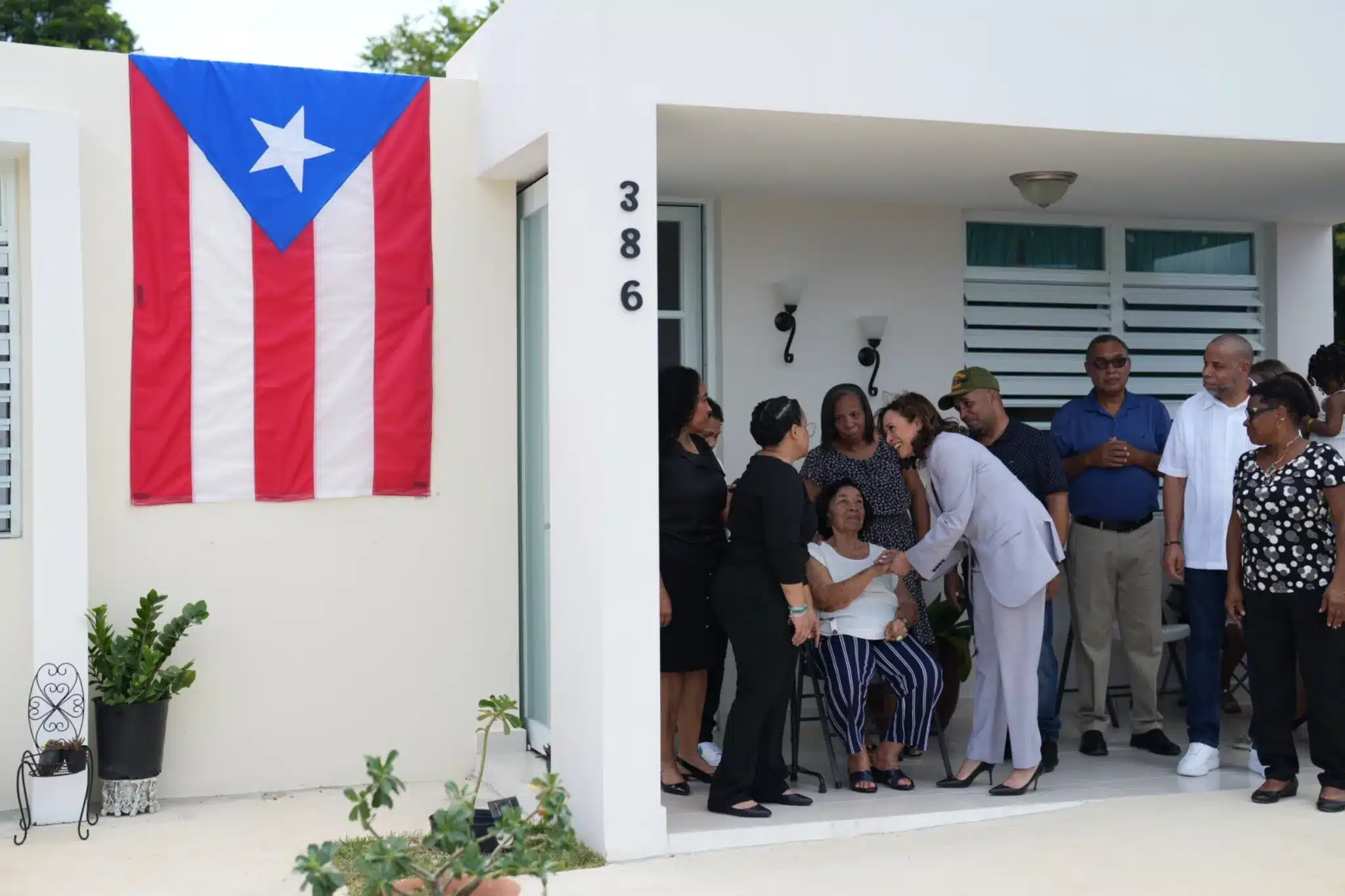

Trackbacks/Pingbacks